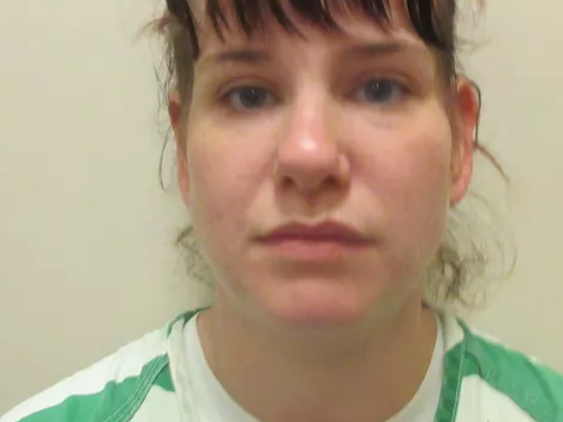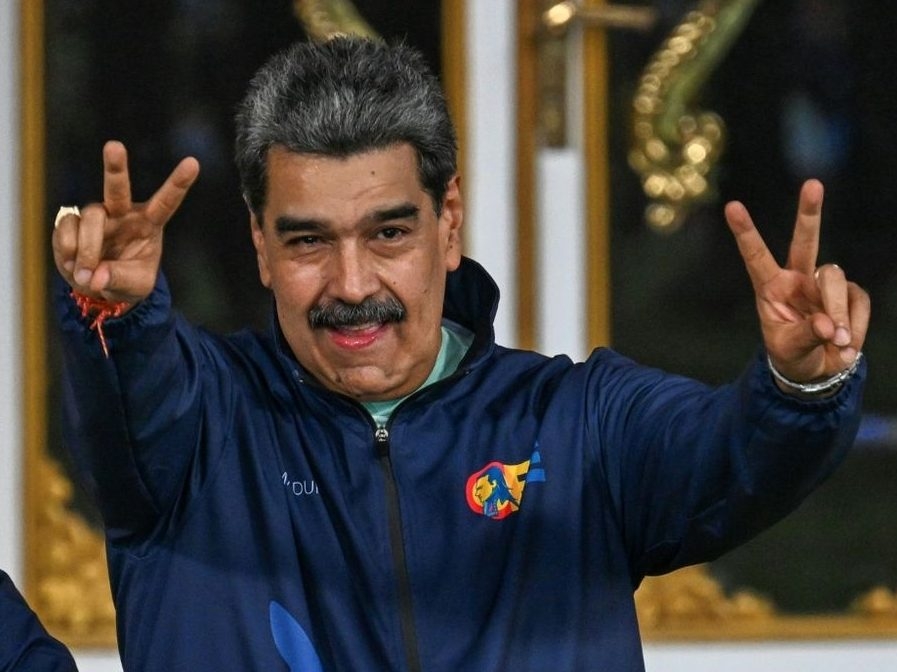A dramatic scene unfolded in the Australian Parliament Monday as Senator Pauline Hanson entered the chamber cloaked in a burqa, instantly igniting a firestorm of protest and forcing a suspension of proceedings.
The provocative act came shortly after Hanson’s attempt to introduce a bill seeking a ban on burqas and other face coverings in public was rejected, escalating a long-held campaign against Islamic dress.
Chaos erupted as senators across the political spectrum demanded Hanson remove the garment, their voices rising in a chorus of outrage and disbelief. The session ground to a halt when she steadfastly refused to comply.
Leaders from both major parties swiftly condemned Hanson’s display, characterizing it as deeply inappropriate for a member of Parliament. Foreign Minister Penny Wong labeled the act “not worthy” of a Senator and moved for her suspension.
The condemnation extended beyond party lines, with Muslim senators voicing particularly strong objections. Senator Mehreen Faruqi denounced the move as a display of “blatant racism,” while Senator Fatima Payman called it “disgraceful” and “shameful.”
This wasn’t the first time Hanson has employed this tactic; she previously wore a burqa in Parliament in 2017, signaling a consistent strategy to highlight her opposition to Islamic dress and broader immigration policies.
For decades, Hanson has built her political career on opposing immigration from Asia and challenging Australia’s multicultural policies, tapping into a vein of anti-immigration sentiment that has resonated with a segment of the electorate.
Her One Nation party currently holds four seats in the Senate, a gain of two in the recent national election, reflecting a growing undercurrent of concern regarding immigration levels within the country.
Hanson defended her actions, stating she wore the burqa to demonstrate the perceived oppression and security risks associated with the garment, particularly after her bill was blocked from debate. She pointed to over 20 countries that have already implemented similar bans.
She argued that if her colleagues opposed her wearing the burqa, they should support her proposed ban, framing her act as a visual representation of the stakes involved in the debate over religious and cultural attire.
Hanson’s political journey has been marked by turbulence, including a period outside of Parliament after 1998, a resignation from the leadership of One Nation in 2002, and a brief imprisonment on electoral fraud charges – a conviction later overturned.
Her outspoken views have consistently drawn controversy, including past statements expressing concerns about Australia being “swamped by Muslims” and abandoned plans to move to the United Kingdom, citing concerns about immigration levels.
Returning to lead One Nation in 2014 and winning a Senate seat in 2016, Hanson has continued to champion her controversial positions, consistently pushing the boundaries of acceptable discourse within Australian politics.
The incident underscores the deep divisions within Australian society regarding immigration, multiculturalism, and the role of religion in public life, sparking a renewed debate about the limits of political protest and the responsibilities of elected officials.






